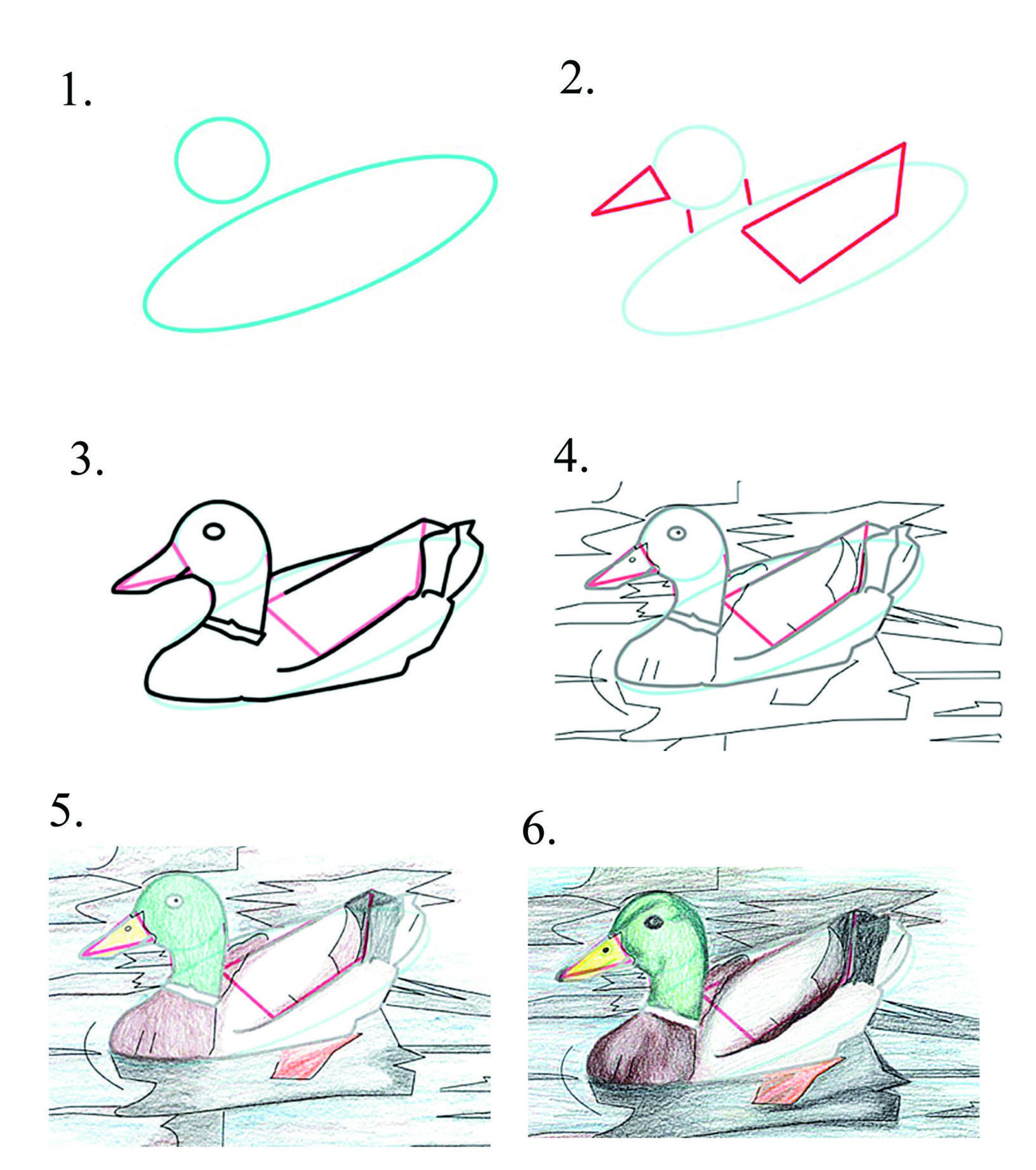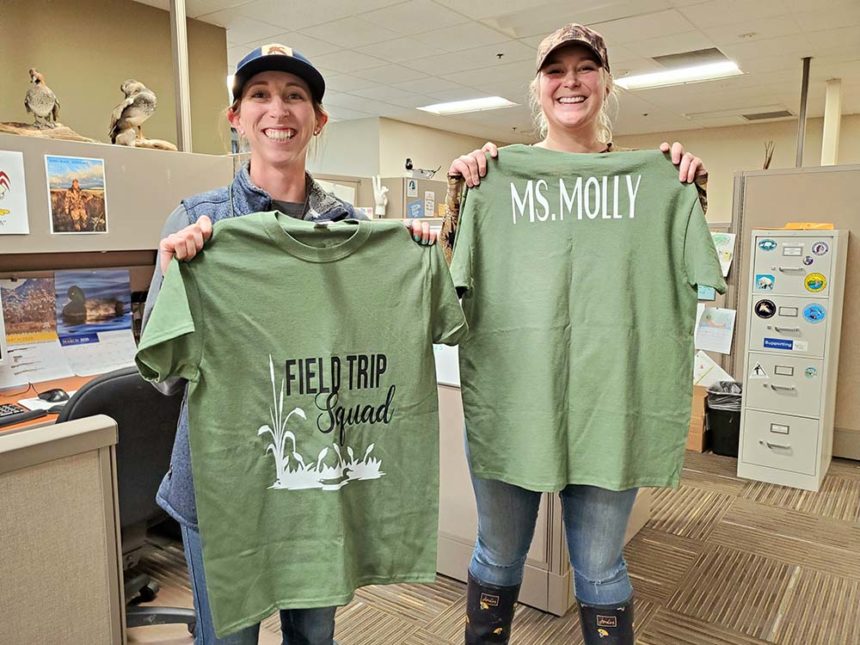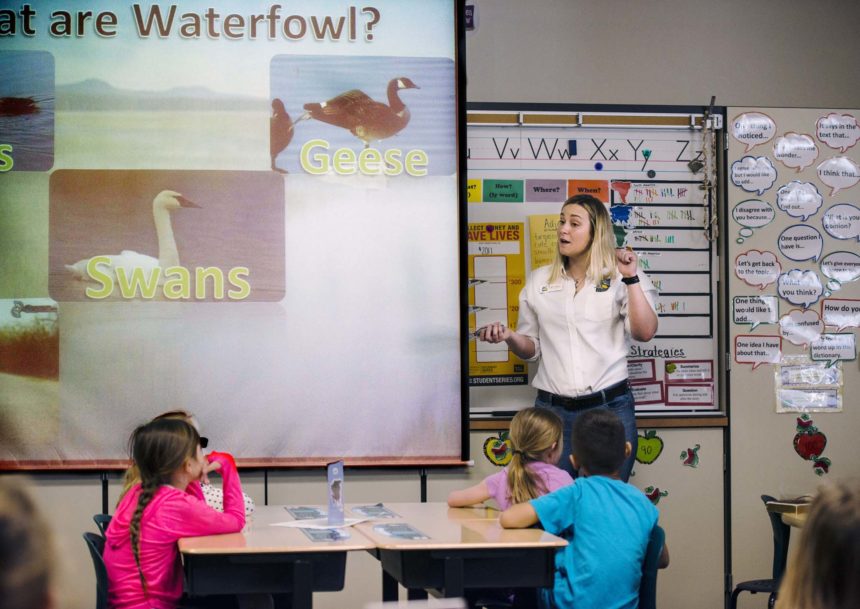
Mar 24, 2020
CWA helps parents keep the learning going
Let's see, schools are closed, so our education team can't go out and teach, and schools are closed, so parents find themselves needing to teach their kids at home. How to make the best of this situation?
Here's how: California Waterfowl Education Coordinator Molly Maupin has made her educational resources available on our website, including this simple video tutorial on how to draw a duck. What better way to homeschool than to teach about what you love - waterfowl and wetlands?
Normally, CWA's Education Team travels to schools throughout California and presents fun programs in the classroom. The team also enjoys taking students out on field trips to wetlands where they can experience wildlife firsthand. "Last year we taught about 14,000 students in person," Maupin said.
"A very high percentage of our students are from low-income/inner-city areas, where school is an escape, a hot meal, and a place where they can feel cared about," she said.
"We love visiting these schools and providing them with outdoor education because they get so little of it in their day to day," she said. "As many schools began to close, I felt bad for the students who were going to miss out on programs like ours that give them first-hand experience with wildlife that they have most likely not had before."
So as the Covid-19 shelter-in-place orders mounted, Maupin's team began assembling resources. "We put basically everything we have ever made online and available, and now parents can hopefully have the tools to do some of the things that we would normally be doing in the classrooms," she said.
Many of the team's educational materials revolve around art and helping students prepare entries for the Junior Duck Stamp Contest. "I love teaching through art," she said. "Art is a great way to review anatomy and have fun, and it also provides opportunities for success to students who don’t normally shine in subjects like math or sports."
Art is a great opportunity to reinforce lessons students have already learned. "When we teach in the class, as we go through the duck drawing, we are also going through review. 'What kind of feet do we need to make this a waterfowl? Webbed!'"

CWA Environmental Educator Arianna Oneto, left, and CWA Education Coordinator Molly Maupin, right, holding up T-shirts made by CWA administrative assistant Nicole Chavez for their field trips, which are now on hold.
Maupin has advice for parents who are adjusting to their new roles as educators: "If you see them struggling to concentrate, give them movement breaks. Go for a walk, do some yoga, play one of our movement games from the resource page, etc.," she said. "They need a chance to reset! Be patient, give them a chance to get out their wiggles and then get back to the assignment."
Maupin already misses her students. "Being in the class, getting students excited about waterfowl and wetlands, and making little connections with little humans is really the best part of the job," she said. "I hope things get back to normal soon, but until then, we are working on a lot of new projects. I’m hoping to host a live class program or a video of what we teach in class, maybe even a virtual field trip! CWA's Environmental Educator Arianna Oneto is also making a ton of craft projects and worksheets we will be uploading as they're ready."
Maupin encouraged parents to bookmark CWA's educational resources page and check back often for new resources. "Hang in there parents!," she said. "And email me if you need anything. I am here to help."



